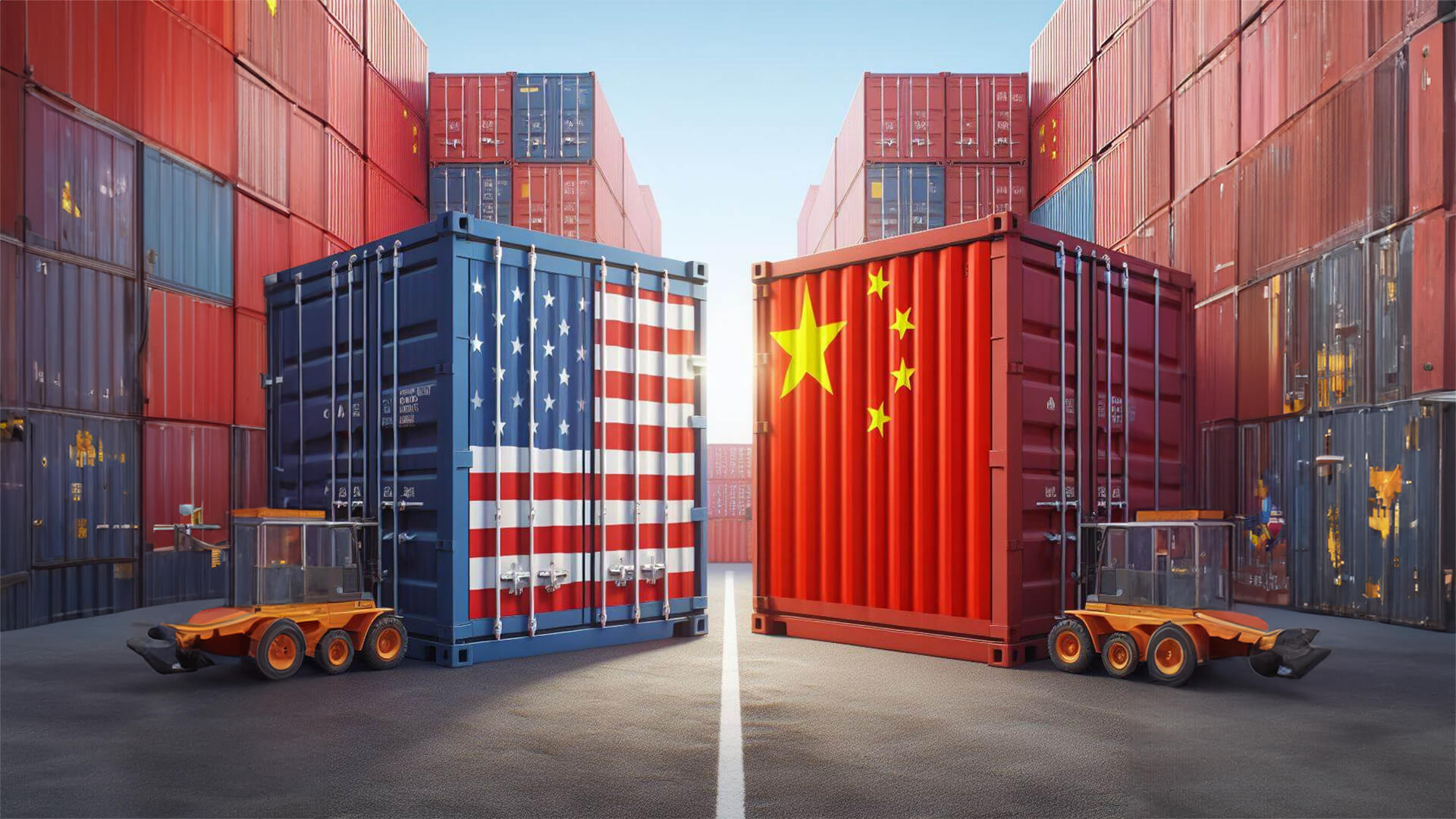Some hefty tariffs have just been placed on many Chinese imports, including electric vehicles, semiconductors, solar panels, and more. This is an attempt to prevent China from dominating industries that the US wants to develop.
China will probably slap some more subsidies on these goods, which will lead to more tariffs and so on and so forth. These Chinese goods might also be hit with some European tariffs, but they’ll likely be smaller and easier to offset with subsidies. The developing world might be in the crosshairs as the next Chinese import market, but some infrastructure buildout will have to happen first.
As China continues along its downward spiral, impacts like these tariffs will have more outsized effects on the Chinese economy.
Here at Zeihan On Geopolitics we select a single charity to sponsor. We have two criteria:
First, we look across the world and use our skill sets to identify where the needs are most acute. Second, we look for an institution with preexisting networks for both materials gathering and aid distribution. That way we know every cent of our donation is not simply going directly to where help is needed most, but our donations serve as a force multiplier for a system already in existence. Then we give what we can.
Today, our chosen charity is a group called Medshare, which provides emergency medical services to communities in need, with a very heavy emphasis on locations facing acute crises. Medshare operates right in the thick of it. Until future notice, every cent we earn from every book we sell in every format through every retailer is going to Medshare’s Ukraine fund.
And then there’s you.
Our newsletters and videologues are not only free, they will always be free. We also will never share your contact information with anyone. All we ask is that if you find one of our releases in any way useful, that you make a donation to Medshare. Over one third of Ukraine’s pre-war population has either been forced from their homes, kidnapped and shipped to Russia, or is trying to survive in occupied lands. This is our way to help who we can. Please, join us.
TranscripT
Hello from Poznan. Peter Zeihan here. Still in Poland. Today is the 14th of May. You’ll see this on the 15th. And the news is that the American administration under Joe Biden has just announced a series of very robust tariffs on Chinese imports, roughly 100% on electric vehicles, about 50% on semiconductors and solar panels on similar levels on a raft of other things.
the goal, very simply, is to prevent the Chinese from swamping industries that the Biden administration is attempting to develop. this is something that has extraordinarily high bipartisan support. In fact, Donald Trump has already come out in favor because of his style, saying, I would have done even more. and that’s actually kind of on the point.
the Chinese will respond to this by increasing their subsidies even more, which will force this administration or the next one to again up the tariff levels. Basically, the Chinese government will not be allowed to swamp products of these types and an increasingly wider variety of types into the American market at all. Now, that will, of course, trigger its own counter effects, because the Chinese will then try to put it into any market they can.
Here in Europe, the question like in the United States isn’t will there be tariffs on Chinese products? But how high? Now, under policies currently under consideration by the European Commission, who kind of the executive arm of the European Union. tariffs are coming, but they’re going to be somewhere between 10 and 40% most likely. And that’s just not enough.
the Chinese subsidizing of these industries is so extreme that anything less than 100% that the Biden administration has done is really not going to do more than slow things. And if you think Ford and GM have a lot of political pull in the United States, that’s nothing compared to Mercedes and Fiat. And, and Volkswagen. So high, high, high tariffs are coming to Europe on these topics as well.
The only other place these products can then go is the developing world. But the developing world for the most part, doesn’t have the electrical system that’s necessary to use light electric vehicles. So the Chinese will be able to swamp some of these markets, but not enough to move the needle on where the Europeans versus the American versus the Chinese feel they need to be.
Now, keep in mind that part of the reason why the Chinese are doing this is in the five years since the Covid started, the Chinese are now realizing that their population has shrunk a lot more than they originally thought. So they no longer have enough people under age 45 to mount any sort of consumption led economic recovery. And with the exception of industrial demand in China the last two years, we’ve really seen no increase in consumption at all.
the population is simply aged out. So export led growth is all they have, and they’re no longer being allowed access to the American market. And very soon they won’t be allowed sufficient access to the European market as well.








